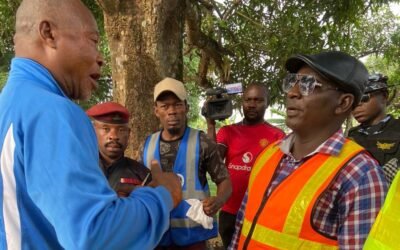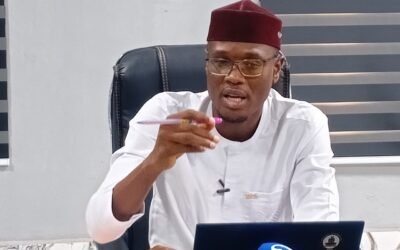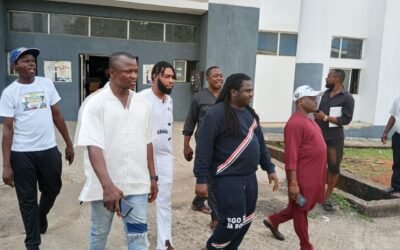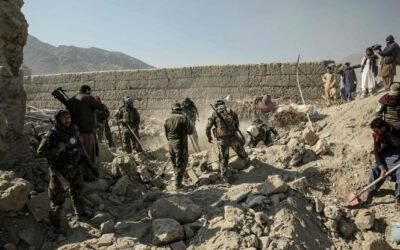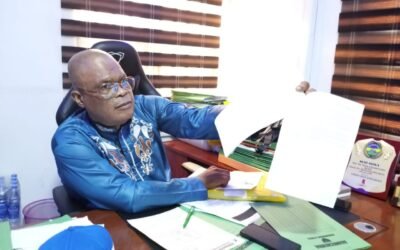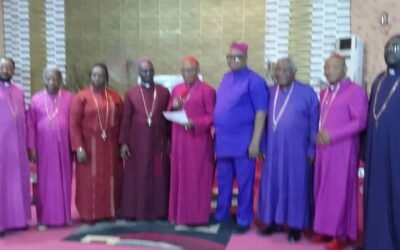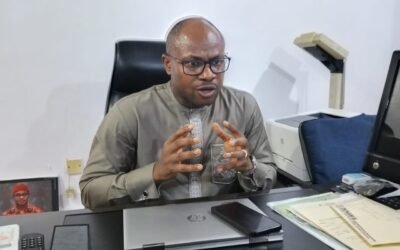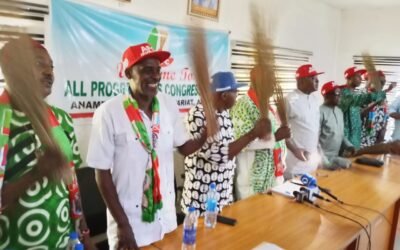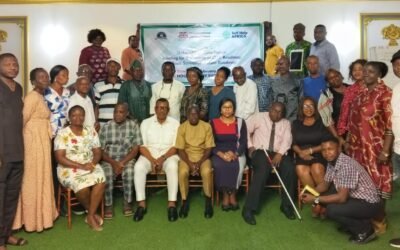
De Haas slams Mkhwanazi and Khumalo as ‘not credible’ in Parliament
Prominent violence monitor and human rights academic Dr Mary de Haas has delivered hard-hitting testimony before a parliamentary ad hoc committee, sharply questioning the credibility of KwaZulu‑Natal Police Commissioner Lt‑General Nhlanhla Mkhwanazi and Crime Intelligence head Lt‑General Dumisani Khumalo. During her appearance, De Haas told MPs she “does not believe” Mkhwanazi is a credible police leader,…
